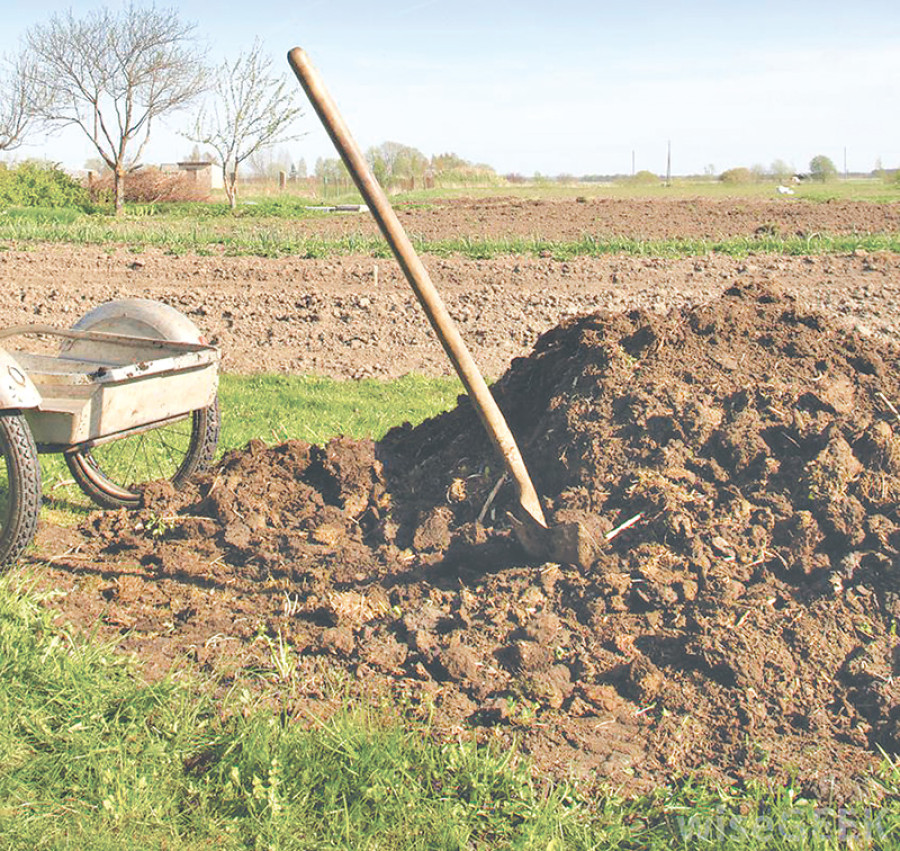Money
Farmers switch back to organic fertiliser
Many farmers in Bajhang have started switching back to using organic fertiliser to protect the soil health on their farms which had started deteriorating due to use of chemical fertiliser and pesticides.
Basant Pratap Singh
Many farmers in Bajhang have started switching back to using organic fertiliser to protect the soil health on their farms which had started deteriorating due to use of chemical fertiliser and pesticides.
Farmers had shifted from organic to chemical inputs to increase farm production but it backfired on them.
“In the first year after applying chemical fertiliser, we had a good harvest,” said Rajendra Singh, a local farmer of Jay Prithvi Municipality. “But productivity started to drop gradually. And the soil started hardening, making it difficult to till the land.”
Singh said that it would take 2-3 years to restore soil health. Farmers in the remote Bajhang district are now certain that organic techniques have multiple benefits—it’s cheaper, improves soil
health, human health and have positive impact on the agro ecosystem.
Another farmer Nabaraj Bohara from Masta Rural Municipality said that many farmers in his village had started to apply chemical inputs—fertiliser and pesticide—as they were told that their productivity would rise significantly.
“However, after the soil health started to deteriorate, farmers all of a sudden have started to reuse organic fertiliser or compost.”
The difference between chemical fertiliser and compost is that compost enhances the soil to create a beneficial environment for plants; chemical fertilisers may overload the soil with nutrients.
According to experts, chemical fertiliser can upset the symbiotic relationship of microbes in soil while compost is a naturally balanced mixed of microorganisms that provide a healthy medium for plant growth.
It is less expensive than chemical fertiliser as it is prepared at home using animal dung, worm, waste food and plants. Most of the villages in Bajhang, until few years back were fully organic, said Madan Raj Joshi, chief of agriculture division of Pathivara Rural Municipality.
Farmlands in the district headquarters Chainpur and Seti River (also called West Seti) had been using chemical fertiliser. “However, its use has been declining gradually,” Joshi said. “We estimate that at around 80 percent of farmers in the district have been applying organic fertiliser.”
Agro technicians said that although plants grow in healthy manner when chemical fertiliser is applied, they don’t yield much crop.
Besides, it increases soil acidity and reduces productivity. Despite shifting from chemical to organic inputs, farmers are still unaware of making quality compost and using it effectively, said Ram Lal Joshi, chief of Krishi Gyan Kendra. “As a result, they have not been able to produce more.”




 9.83°C Kathmandu
9.83°C Kathmandu















